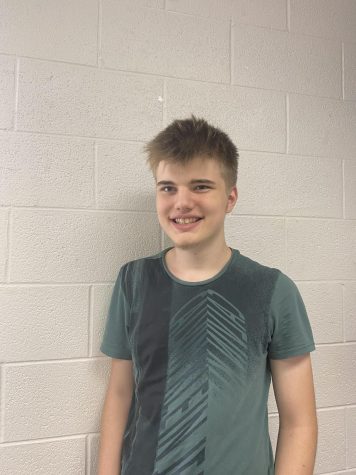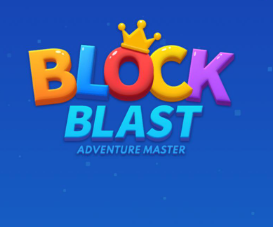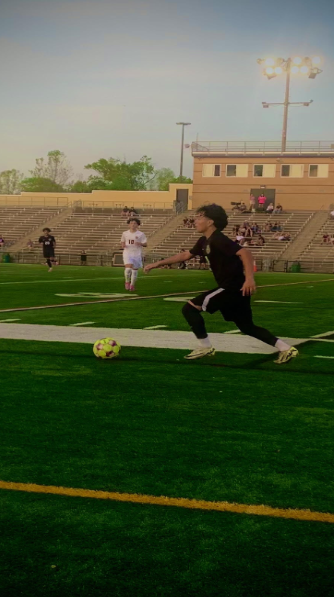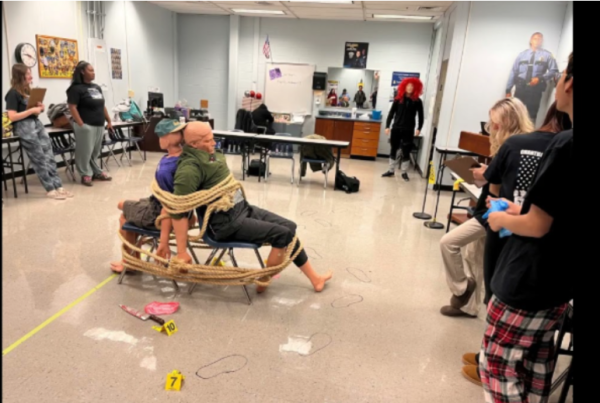CHILDREN OF THE INTERNET
I was born in October of 2004, making me a part of the notorious Generation Z. We get made fun of a lot by certain Baby Boomers for the amount of time we spend on our phones. I think they’re right, we do spend too much time on our phones, and technology in general. But I don’t think most of these Baby Boomers have given much thought as to why we throw days, weeks, years of our lives into the unfeeling maw of the digital world. If they did, I don’t think they’d be laughing as hard.
I’ve done very little research before writing this. I wanted to avoid academic papers on the effects of screen time on developing minds because they’ve all been written by adults who weren’t raised with the technology they’re writing about. Many of their observations are still accurate and insightful, but they can’t understand the emotional experience of growing up with the internet. Of course, every generation goes through their own hardships that the previous generation doesn’t understand. But as technology advances at an exponential rate it becomes harder for each generation to understand how it’s affecting the next, and that’s a scary thing for everybody. It’s scary for the new generations who have no one who can guide them through these new problems they’re facing, and it’s scary for their parents and teachers who want to help but don’t know how.
I wrote this article to be a first hand account of some of my experiences. I’m limiting it to just my experiences because those are the only ones I have lived through and can write about authentically, and they won’t speak for everyone my age. Not everyone had as much internet access as me, and those who did all responded differently. But I’ve talked to enough people my age about my experiences to know that they aren’t unique to me. If you’re around my age and reading this I hope you can relate to what I’m about to share, and if you’re older I hope this gives you a better understanding of what some of us are going through.
—
I can remember one night, when I was in elementary school, I stayed up until five in the morning watching a multi-hour ranking video of all the Mega Man Bosses on Youtube. I was so tired, but I was having really bad nightmares and I was terrified of going to sleep. I didn’t want to be awake either. I didn’t want to be in that house where I was the only one up and the world outside felt simultaneously empty and full of strangers. So I stared at my screen, which locked me in this half dream haze where I was neither asleep nor awake. I stared and stared and stared until I couldn’t hold my eyes open anymore.
Thinking back on it now, I’m sure that the amount of time I was spending on Youtube wasn’t helping with my nightmares. All the time I spent inside wasn’t doing anything to make the outside world feel less strange and unknowable. This is the negative feedback loop technology traps us in. It provides us with a seemingly unending escape from our problems, whatever they may be, without forcing us to confront them head on. The longer we don’t confront our problems the worse they become, and our desire to escape them grows in tandem. That’s a vicious cycle that most adults have trouble breaking free from, and this is where me and many other children found ourselves when we were just starting to understand what our problems were.
I love art. Always have. I’ve been a particular fan of movies and T.V. because they don’t require as much active engagement as video games or books in order to enjoy them. In 4th grade there was a particular movie that I rewatched endlessly. I was visiting my Dad’s for the weekend and so were my older half brother and sister, which is a very rare occurrence to this day. They were heading into DC and asked me if I wanted to come along or if I wanted to stay at the apartment with my dad’s roommate Mason. If I were given the choice now, I would jump at the opportunity to spend time with these important people that I see so seldom. But I chose to rewatch that movie a few more times instead. As much as that choice breaks my heart looking back, it’s a choice I still make to this day. I can’t count the number of weekends I’ve spent with fictional characters when I could have been forging new bonds or deepening the ones I already have.
Technology gives us access to an endless number of fictional universes, each with dozens of fictional characters whose stories are usually more eventful and entertaining than anything in reality. And the relationships you form with those fictional people offer you several things that real ones don’t. You get to see how they act when they’re alone, you get to hear their thoughts, see their past, and experience the world through their eyes. They never leave your side when you want them there, or pester you when you want to be left alone. They’re only around when you want them to be. Most importantly, you don’t have to deal with the direct ramifications of their actions, and they don’t have to deal with yours. With all of these upsides, it’s easy to lose sight of the value of real world relationships. Real people can know you and you can know them. You can impact each other’s lives in ways fictional characters can’t, for better or for worse. And that’s terrifying, but it’s also the only option humans have to satisfy our primal need for emotional intimacy.
But as a kid it’s hard to realize that. All you know is that your relationships with fictional characters give you something you like that real people don’t. Real people can’t show you as much of their internal lives, and when you do catch a glimpse of what someone is like when you’re not around it usually makes them more ordinary and mundane than the fictional characters you love so much. But when these fictional relationships become your primary source of companionship, you’re ultimately left feeling like there’s no one in the world who knows you, and you start to believe that no one ever will. If this is all happening to you during a period of your cognitive development when you learn how to make friends, you can easily become socially and emotionally stunted.
Being on the internet bombards us with so many depressing statistics. 22,000 kids die every day because of poverty. At least 14 million tons of plastic end up in the ocean every year. Your brain starts deteriorating when you are 27. Jeffrey Dahmer existed. Never were these statistics more inescapable than during quarantine, where each day I was shown a new, seemingly unpreventable way for the world to end. I spent the majority of my days lying in bed, fantasizing about melting into my mattress, or becoming one with my walls, leaving myself behind so that I wouldn’t have to care anymore. For that entire two-year span I believed that the world was beyond hope, and that, by extension, I was too.
This is a belief that many of my peers still hold and it breaks my heart. Because when you believe that there’s nothing you can do to make the world or yourself better, you don’t try to. Instead you stay inside and watch Youtube, or binge Netflix, or scroll through TikTok for hours because it feels like the only thing you can do. And you’ll come across plenty of videos, shows, and games that tell you you’re right. That the world is hopeless, and you go, “Yeah! It is! I’m right!” And whatever app you’re using will recommend more of that content. Once in a while something will slip through the cracks that tells you you’re wrong, that there is good in the world and you go, “Phhh! Get real!” And because you didn’t watch it till the end, whatever app you’re using will make sure to recommend that content less to keep you in that place where nothing you do matters and all there is to do is watch the world end through your screen. And as sad as being in that place makes you, it’s at least familiar. In some ways it’s more comforting to believe that the end of the world is inevitable than to believe that you aren’t doing anything to stop it.
Now with all that said, I am so grateful to be a child of the internet. As much as I sometimes blame my parents for letting me spend too much time online with little supervision, I can’t say I regret how I spent that time, because it made me who I am today. And for all my faults, of which I have many, I still ultimately love who I am and I wouldn’t trade the experience of being me for anything. The internet has allowed me to maintain relationships that otherwise would have ended years ago. It’s exposed me to so many different stories and works of art that continue to enrich my life to this day. It’s given so many people, including myself, the opportunity and tools to tell those stories and share them with the people who need to hear them. It’s shown me that there are so many incredible people in the world who are all laughing, loving, crying, struggling, and trying to do good just like me. For every bad thing that the internet is capable of, it’s also capable of doing the opposite. The internet is not a good or bad thing, it’s a tool, and just like a hammer it can be used to build or destroy. It all depends on who’s using it.
The world isn’t hopeless. You are not hopeless. The world isn’t ruined despite what our devices have pushed us to believe. Hope isn’t something that can be measured. It’s not an objective fact like temperature or color. It’s a purely subjective mental construct that only exists as we perceive it. If you believe yourself and the world to be beyond hope then you are and it is, until you change your personal definition for what hope is. I can’t tell you how to do that because I haven’t yet, not fully anyways. But I do believe that hope, a belief that good things can happen, is crucial to our personal happiness and our survival as a species. Because if we all give into the idea that positive change will never happen, it never will. And no one deserves to live in a world that has already ended.

I’ve got a lot of ideas, too many ideas, so I’m always very active during brainstorming sessions, and when someone else is depending on me to bring...









